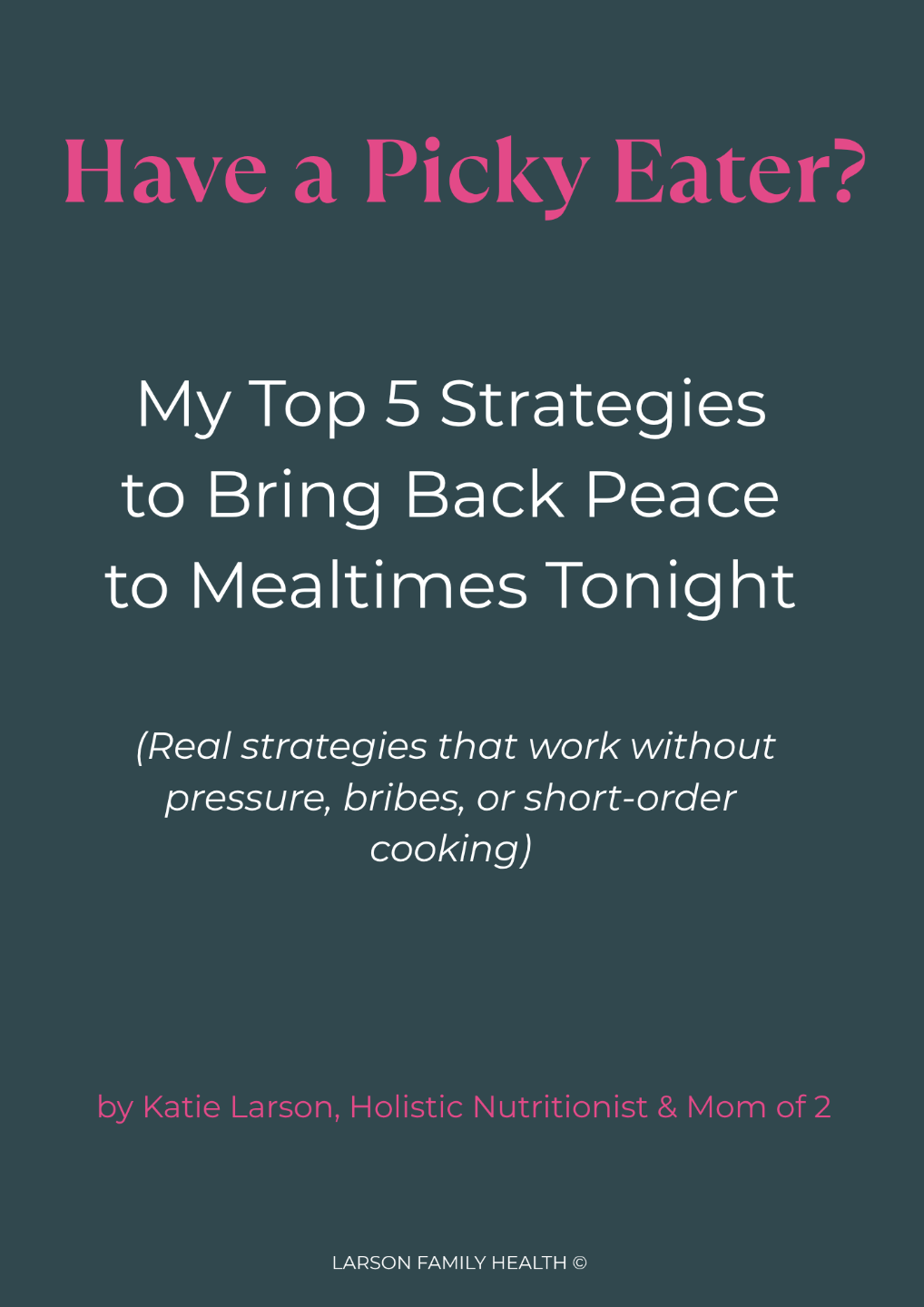
Gut Instincts: What Every Parent Should Know About Medications and Their Impact on Kids’ Health
Jun 08, 2025If you've ever been handed a prescription for antibiotics, Tylenol, or antacids for you or your child, you're not alone. But what if I told you that some of these common treatments could have long-term effects on your child’s immune system, gut health, and even mental well-being? Let’s talk about what the science says—and what you can do instead.
The Gut is Ground Zero
We’ve all heard that “everything starts in the gut”—but for kids, especially babies, this couldn’t be more true. The gut isn't just about digestion; it's deeply connected to the brain, immune system, and even behavior.
Antibiotics & Antacids: Double Trouble
Prescribing antibiotics and antacids in the first 6 months of life may more than double a child’s risk of developing allergic conditions by age 4. You don’t “out grow” colic or reflux…it grows into something else. This includes asthma, eczema, food allergies, hay fever, and hives. It’s a gut-disrupting domino effect—and most parents are never warned. I cannot tell you how often I see both of these, but especially antacids, given to infants. Babies shouldn’t have acid reflux. There is a root driver and it’s usually found in the gut.
As an adult, you are not exempt from this. I cannot tell you how many patients I help undo the years of damage done to their gut from being on chronic antacids. And how most of these adults also have allergies, skin issues, and digestive challenges. It’s all connected.
Antibiotics and Mental Health Risks
Using antibiotics in the first 2 years of life may increase the risk of mental health concerns in childhood and adolescence—by up to 50%! We’re talking about ADHD, sleep disorders, anxiety, mood issues, and other behavioral concerns. That’s not a small number. This about how often antibiotics are thrown at us and our kids–and then think about the mental health epidemic we have. Now, correlation does not necessarily equal causation, but we need to look at this as an issue. Antibiotics destroy our body's healthy gut flora, and guess where most of the neurotransmitters are made in the body? Yep, the gut. If our bacterial balance is off, it dramatically impacts the ability of the body to make serotonin and dopamine, both implicated in mental health disorders.
Fever Meds: Not So Harmless
Think Tylenol and Motrin are the safest bet? Think again. Artificially lowering fevers can prolong illness and make kids more contagious. Worse yet, acetaminophen in infancy may raise the risk of asthma and even affect cognitive and behavioral development later in life. The fever, whether in an adult or child, has a purpose–and it’s to kill the virus that is making you sick. Let the fever run its course (if it gets up to 104, please do call your doctor, or if you experience any behavior changes) and you will be amazed at how quickly you (or your child) recover.
So, What Can You Do Instead?
The good news? There are evidence-based, integrative strategies that help you and your family recover without disrupting their developing microbiome. Here’s what I recommend:
- Support the fever, don’t suppress it (when safe to do so)
- Ask about alternatives to antibiotics and antacids
- Focus on gut-healing foods and probiotics after any necessary medications
- Partner with a provider who understands integrative care
You don’t have to fear every medication—but you do deserve to understand the risks. Your gut is the foundation of lifelong health, and small choices today can have a big impact tomorrow.
Become part of our newsletter community where you'll find inspiration, motivation, and helpful tips so you and your family can thrive!
We hate SPAM. We will never sell your information, for any reason.

